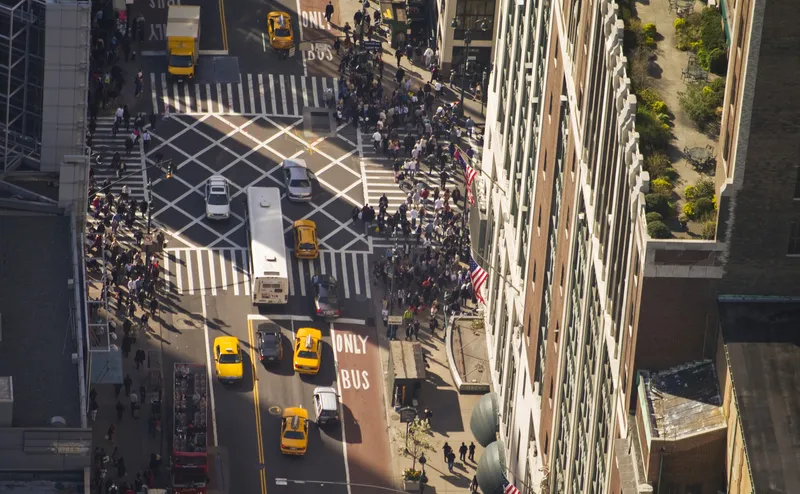Cities all over Britain and Europe will be invited to embrace electric driving and encourage their communities to support Nissan’s campaign – ‘The Big Turn On’ – in a bid to win 30 quick chargers from the company. The quick chargers are part of a wider initiative from Nissan to get one million consumers switched onto electric driving, in just 100 days. The basis of the campaign is to engage the public and support their city’s bid to win a new electric driving infrastructure from Nissan. These chargers can r
April 2, 2012
Read time: 2 mins
Cities all over Britain and Europe will be invited to embrace electric driving and encourage their communities to support 838 Nissan’s campaign – ‘The Big Turn On’ – in a bid to win 30 quick chargers from the company. The quick chargers are part of a wider initiative from Nissan to get one million consumers switched onto electric driving, in just 100 days. The basis of the campaign is to engage the public and support their city’s bid to win a new electric driving infrastructure from Nissan. These chargers can recharge an empty battery to 80 per cent capacity in just 30 minutes, as opposed to the standard charger type, which takes approximately eight hours.
Nissan is also helping to establish the infrastructure needed if the EV is to make a significant contribution to inner-city air quality. By the end of 2012, the company will have given away over 400 quick chargers to local authorities and partners with the ultimate aim of developing a network of thousands of chargers and creating a number of Electric Highways to link cities across Europe.
At the same time, the campaign aims to bust many of the myths that have emerged around electric vehicles to prove they are very economical to run; that Nissan Leaf is incredibly safe; and that the range between charges is easily sufficient for the vast majority of daily trips.
Nissan is also helping to establish the infrastructure needed if the EV is to make a significant contribution to inner-city air quality. By the end of 2012, the company will have given away over 400 quick chargers to local authorities and partners with the ultimate aim of developing a network of thousands of chargers and creating a number of Electric Highways to link cities across Europe.
At the same time, the campaign aims to bust many of the myths that have emerged around electric vehicles to prove they are very economical to run; that Nissan Leaf is incredibly safe; and that the range between charges is easily sufficient for the vast majority of daily trips.









